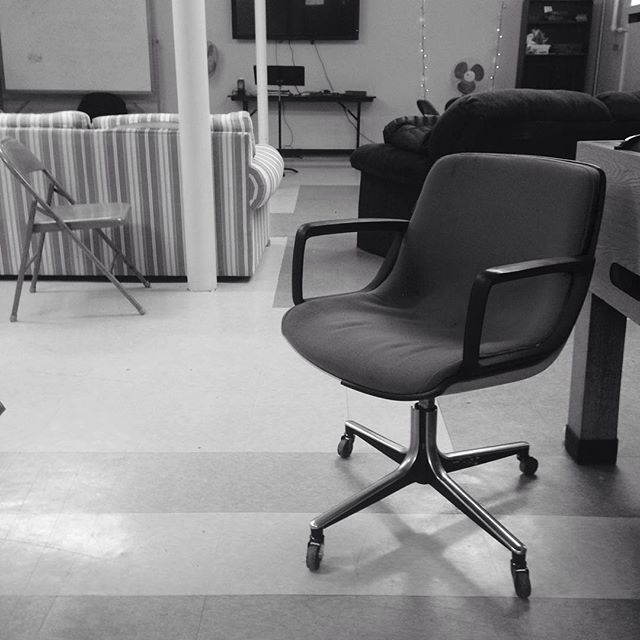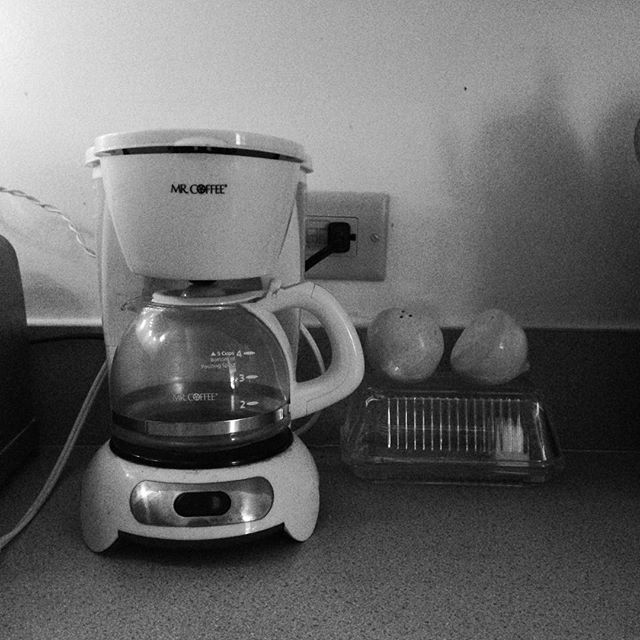My age-old solution for conquering writer’s block is what every writer thinks is the most annoying thing: writing about it. I’d all rather go get a donut, or crawl out of the closet I live in, and nap on a davenport in the corner of an empty library. Instead, I use a cinderblock for my feet and chains for my wrist, and write about how much I detest writers block. It’s like the kid that complains about eating his broccoli, so his mom cooks him an entire pot and says,
“It’s fine, darling, you’ll learn to love it.”
I’m not sure if there are parents like this out there, but I’m glad they're not mine. Props, ma and pa.
Earlier this year, I wrote about different types of writer’s block: your run of the mill, ‘can’t think of anything to say,’ the more complex, ‘all my feelings are gone, how could I possible write anything meaningful,’ and the most-dreadful-in-a-wonderful-way, ‘I do this all day every day and make money for it, so there’s nothing left in the tank.’
Writer’s block (mostly the first one, sometimes the second one, and if you’re lucky the third one) is like bad weather or the common cold. I all do things to protect against it, like tarps or sandbags or stuffing Vaseline up our noses on long plane flights, but it’s inevitable. And then I’m just sick in bed, or watching the rain out the window wishing I hadn’t left all my sidewalk chalk out there.
Always, before, writing about writer’s block has cured me. It’s funny how it works: I’ll sit down, numb and thoughtless and rant about how I can’t think of anything and writing is a deplorable sport and I should’ve played basketball in high school instead, and soon I’ll have ideas zipping along.
Even tonight. I spent two hours writing on helplessness, and only came up with seven sorry sentences, fragmented and weak at best. I think to myself, surely I have things to say, but all the evidence of my labor is underwritten, overworked Calibri size 12, seven meager lines. I stare at the screen, frustrated. I can write thousands of words a week, but here, about anything I really care about, I can’t even remember the proper construction for a sentence. Is it subject adjective? Verb adverb? Noun participle? My college Editing class professor would be so disappointed in me—but then she always was, because I didn’t know what a dangling participle was. I just wrote like words were music.
But I digress.
I cast my career into the kitchen trash can (I just changed the bag tonight and it’s already almost full again. How can only two people make so much trash?), draft up a text to my boss that I’m quitting and taking a job labeling cans in a factory on the south side, and start a small fire in my frying pan to hold a ceremonial burning of the newest draft of my next book.
And then, suddenly, as I write about how I can’t write and I’m annoyed at it and there's nothing I can do, I have an epiphany (too strong? realization).
Helplessness is hard to put on paper well. Not so the reader nods and smiles, close-lipped and complacent, but so that the small part of your heart (you know where, you’ve felt it) starts to hurt, and you think, yes, yes, I’ve been there, I know. It’s dreadful. I’m so sorry. If only you knew that I understand.
But somehow, it’s hard to write about, maybe because I chafe against feeling it. I want to be in control—I don't want to stand idly by and let things happen without my permission. It’s like having responsibility and the inability to act simultaneously, like missing the glass I bumped and knocked off the counter.
Enter epiphany. It’s come as I rant, that this is how I can describe helplessness
Today, helplessness is knowing strongly, fiercely, massively, that I have something to say—and I cannot say it. Because at this moment, I am unable.
Maybe I won’t always be—maybe I will.
Maybe there’s an antidote—maybe there’s not.
Being helpless sometimes means the only thing I can do is wait and see. And keep trying.







